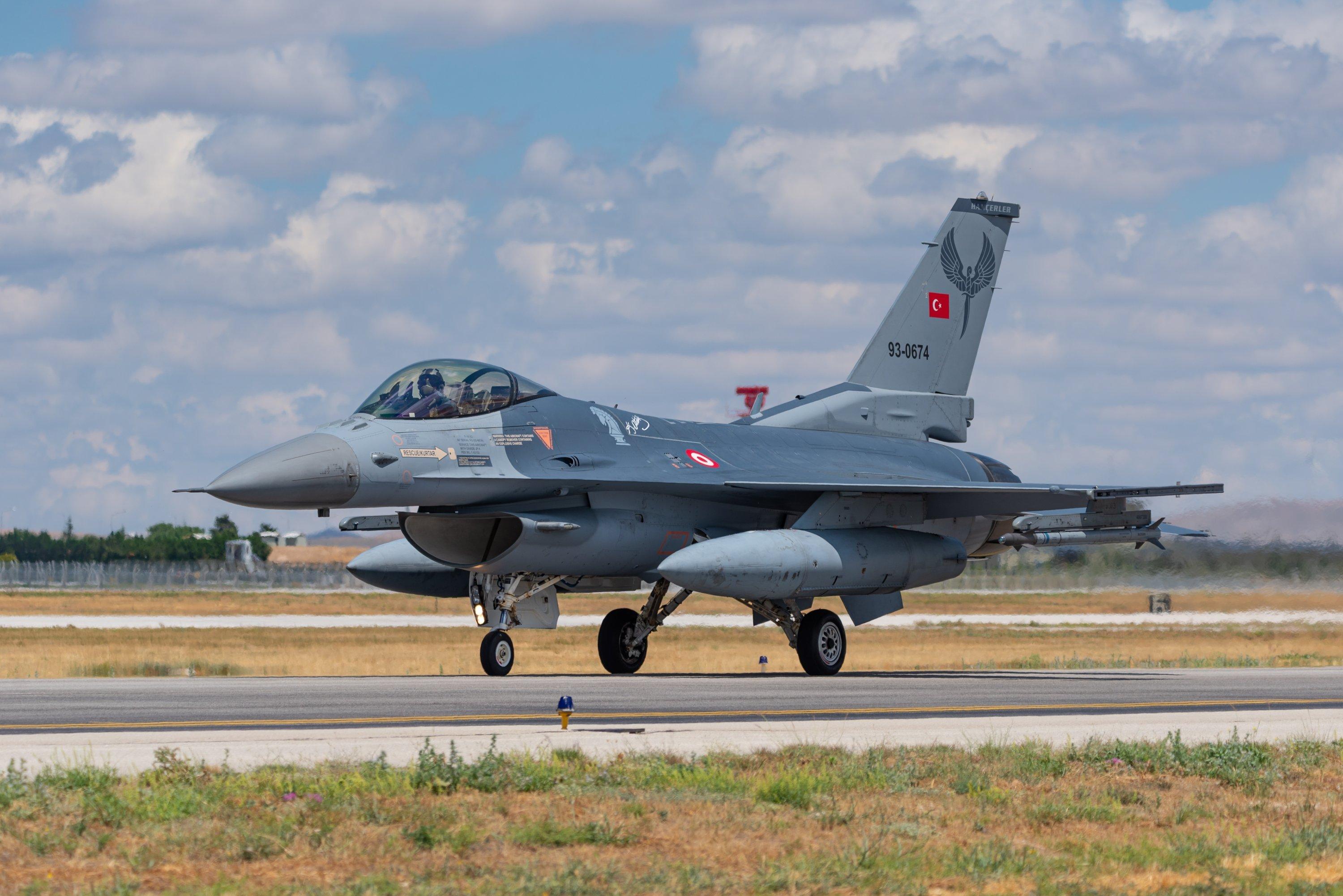Türkiye – US concluded F-16 fighter jets deal Exploring new avenues
On June 6, the United States (US) State Department announced that they finalized the deal with Türkiye regarding F-16 fighter jets after a long round of diplomatic meetings and negotiations. The agreement certifies the sale for an estimated $23 billion military sale package, including 40 new F-16 Block 70 fighter jets. The talks over fighter jets unfolded in early 2024 amid the Washington – Ankara diplomatic thaw after a long period of confrontations and arms embargo.
Hence, in May, the Turkish Defense Ministry announced the conclusion of its deliberations on a $23 billion sale package that includes 40 F-16 fighter jets and roughly 80 modernization kits for Türkiye’s existing fleet. Following the official announcement, the US State Department stated that the sale was an investment in NATO interoperability and would also back the national security interests of Ankara, Washington, and the military bloc.
Official Ankara requested in October 2021, two years after the US kicked Türkiye out of the fifth-generation F-35 fighter jet program over its procurement of a Russian S-400 missile defence system. Washington argued that the air missile defence systems posed a risk to the advanced fighter jet, whereas Ankara insisted that they would not be integrated into NATO systems. Türkiye had ordered about 100 F-35s, and its companies were building some 900 parts of the fighter jet.
Instead, the US Congress approved the sale of 40 F-35 fighters to Greece, costing $8.6 billion. As a result, Ankara-Washington relations became more strained, followed by mutual accusations from both sides. Nevertheless, the political balance significantly changed with the Russian invasion of Ukraine in February 2022.
The full-scale Russo-Ukraine war shifted the historical geopolitical status quo in Europe after the Cold War, resulting in neutral countries like Finland and Sweden seeking NATO membership. Since the first year of the war, Finland and Sweden submitted their bids to become full members, though Türkiye vetoed this decision, citing its existing concerns regarding new potential states. In this vein, Ankara's eye was for an opportunity to gain the upper hand in negotiations with the US in exchange for the ratification of Sweden and Finland's memberships in NATO.

Indeed, the pragmatic approach of Türkiye yielded its first results when the US agreed to proceed with F-16 negotiations with Ankara, while Türkiye agreed to comply with NATO requests on Sweden and Finland memberships.
Greece meanwhile strongly opposed the F-16 sale due to unresolved territorial disputes with Türkiye in the energy-rich Mediterranean region. Official Athens believes that additional modernized fighter jets would boost Ankara’s position more, which is rapidly developing and modernizing the domestic defence industry by achieving unprecedented results in terms of manufacturing air defence systems, navy missiles, drones, and more all-weather fighter jets dubbed KAAN based on stealth technology.
On the other hand, not all US allies were happy with the recent decision to sell F16s to Türkiye, particularly Israel. The main argument for it is Ankara’s vocal support of Hamas, which is designated as a terrorist organization in many countries, including the US. The ongoing Hamas–Israel war in the Gaza Strip significantly strained diplomatic relations between Ankara and Tel Aviv as the latter accused the Turkish government of supporting Hamas by sheltering and financing it alongside Qatar.
Therefore, some called on the US to halt the transfer of fighter jets to Türkiye until Hamas is destroyed in the Gaza Strip and the territory is fully cleared of other radical terror groups. Nevertheless, it is unlikely that the US will halt the F16 deal as it may backfire in terms of Türkiye's close alignment with the Russia-China axis at a time when the US put enormous efforts to isolate Beijing and Moscow from the international community.








